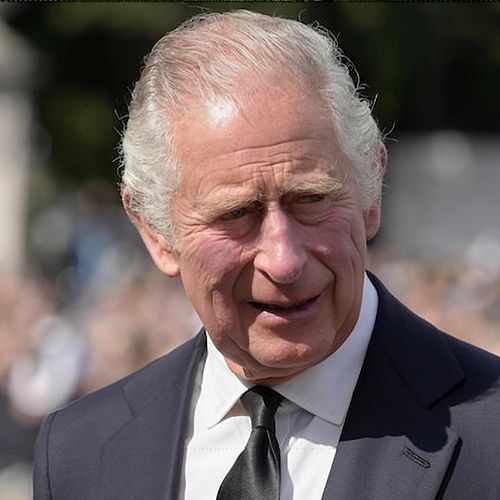
The Return of a King?
By Charles Pinwill, 14/9/2022
The recent death of Queen Elizabeth II brought forth a profusion of accolades for her long life of service. Large crowds assembled and the world watched the events which followed. This all evi-denced the mystical attractive power of monarchy which esta-blishes the zenith of political power as an overt and personal responsibility.
The reassurance of monarchy is that a known and acknowledged person stands above all the conniving politicians, their lobbyists, and their army of urgers. In the final analysis a liege lord beloved by his/her subjects can trump any chicanery, and politics plays no part in the monarch’s ascent to power. Monarchy curbs all com-mittees with a penultimate “committee of one”.
The importance of the above should suffer no detraction, and certainly none is intended, but sometimes things have to be said to jolt us into our senses.
The reign of Queen Elizabeth II from 1953 to 2022 was the most disappointing in terms of lost opportunities in the history of the British peoples. How can that be?
At the coronation of 1953 there was the prospect a real British Commonwealth; a confederation of independent nations to act in cooperation to bring a significant force into the world offering Western values, responsible freedoms, and stability to its peoples and to the world at large.
Geographically the United Kingdom, Canada, Australia, and New Zealand would have been represented on both sides of the North Atlantic Ocean, in both the North and South Pacific, and on the East of the Indian Ocean.
In mineral resources these nations have it all. Their peoples are intelligent and highly educated with a common heritage well disposing them to cooperative action and good sense in world affairs; a “Third Force” or at least a significant force for stability and peace.
In 1953 these nations had a Preferential Trade Agreement with each other which was not destroyed until the then Queen signed into being the Act which took the United Kingdom into the debacle of the European Common Market. Would not a Crown Common-wealth of Nations increasingly have grown in shared economic prosperity without this intervention?
A British Commonwealth of Nations which shared a Crown, and a common heritage and culture was left still born in the womb in the worship of “political correctness”. Why.
Because such dissimilar and unsuitable nations for a real Commonwealth, such as Pakistan and Uganda, for example, could not be told to go away.It is still not too late for these four nations to form a confederation of power, resources, and influence equal to that of the United States, but a beginning can only be made by clearly recognising that the present commonwealth is a farce: and making a start with economic and defence relationships between the legitimate children of British heritage.
Do we now have a Monarch who will not throw a tantrum at the thought of a pruned and reinvigorated real Crown Commonwealth being brought into being?

